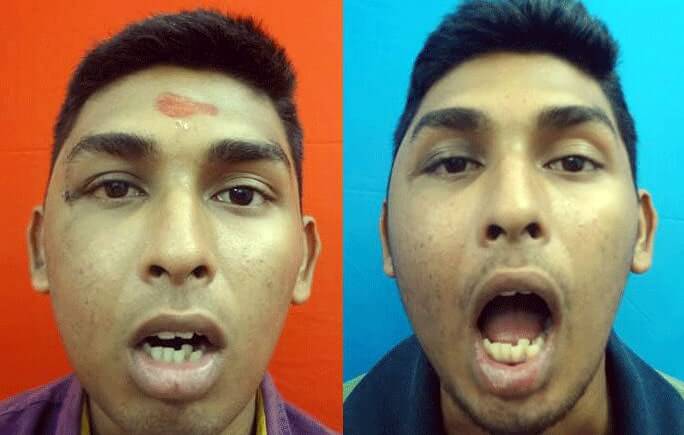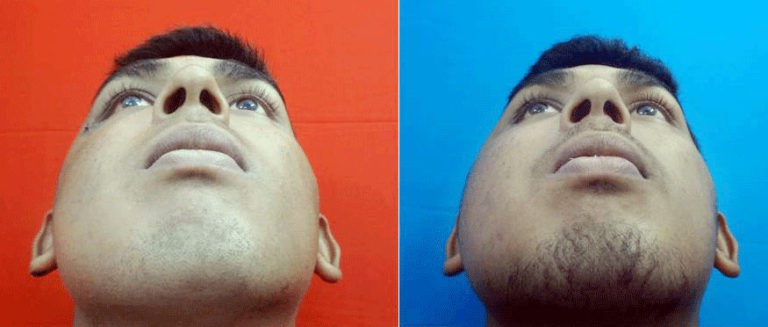4 Things to Know Before Zygomaticomaxillary Complex Fracture Surgery
The facial cheekbone, also known, as the zygomatic bone, is irregularly shaped and occupies a vital position in the face since it is close to the eyes. Facial fractures occur due to accidents, injuries, assaults, or other trauma and can be treated through medication, although some patients may need surgery, also known as zygomaticomaxillary complex fracture surgery. Read on to learn more about the procedure:
What is Zygomaticomaxillary Complex Fracture?
A zygomaticomaxillary complex fracture is the second most common area of fracture involving the cheekbone and the surrounding bones. This injury could be due to a car accident, sports, or a violent fight. Most cheekbone fractures cause pain and discomfort since the cheekbones can get displaced slightly or severely in different directions. You will show signs of nose bleeds, swelling, and bruising in the area, and in specific cases, it may cause compromised vision, bleeding from the eyes, loss of consciousness, or difficulty moving jaws.
How to Treat Cheekbone Fractures?
If your cheekbones are severely displaced, the fracture must be surgically treated. A zygomaticomaxillary complex fracture surgery is performed only by an experienced surgeon to avoid facial asymmetry or loss of facial function.
The primary goal of the surgery is to reposition the damaged bones to avoid facial deformity, improve function, and prevent further damage. The doctor will first order X-rays, CT scans, eye movement, and vision tests to determine treatment options. Generally, surgery is recommended only as the last available option, and not preferred if the cheekbone fracture is stable. Only in severe cases, patients may require surgical intervention.
Once your surgeon suggests cheekbone surgery, he will explain the zygomaticomaxillary complex fracture treatment procedure during the consultation. The surgeon will put you under anesthesia and make one or more small incisions inside the mouth or through the hairline to access the cheekbone. These incisions will be closed with stitches and hidden to avoid visible scarring. Metal plates and screws hold the cheekbone in place after it gets repositioned.
How Long Does Cheekbone Fracture Surgery Recovery Take?
A zygomaticomaxillary complex fracture treatment recovery usually takes several weeks. A short hospital stay is recommended post-surgery. Patients experience pain and discomfort after the anesthesia has worn off. While bruising and swelling on the cheekbone are prominent in the first 48 hours after surgery, it subsides gradually. The surgeon prescribes medications to help alleviate side effects and prevent infection. You will be asked to eat soft foods and avoid blowing your nose for the next few weeks. Taking medications on time and good oral hygiene will be recommended, along with on-time follow-ups with your doctor.
Cheekbone Surgery Cost in India:
A zygomaticomaxillary complex fracture surgery cost depends entirely on the complexity of the surgery and can range from INR 20,000 to INR 3,00,000. Cheekbone fractures can be very traumatic and need immediate attention and care. At the Richardsons Dental and Craniofacial Hospital, we maintain a professional yet empathetic approach to such surgeries. Dr. Sunil Richardson is a skilled zygomaticomaxillary complex fracture surgeon in India with extensive experience in oral and maxillofacial surgery. He has treated millions of patients and performed thousands of successful craniofacial surgeries in India and worldwide.

